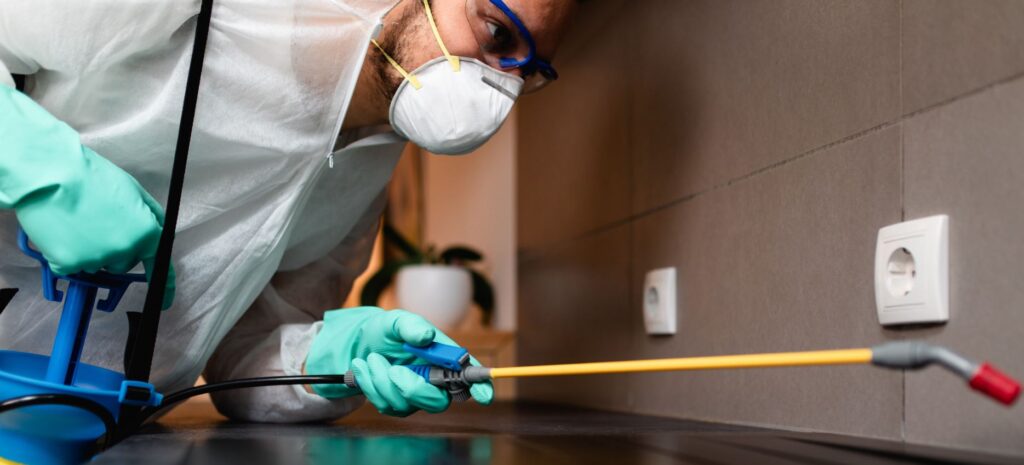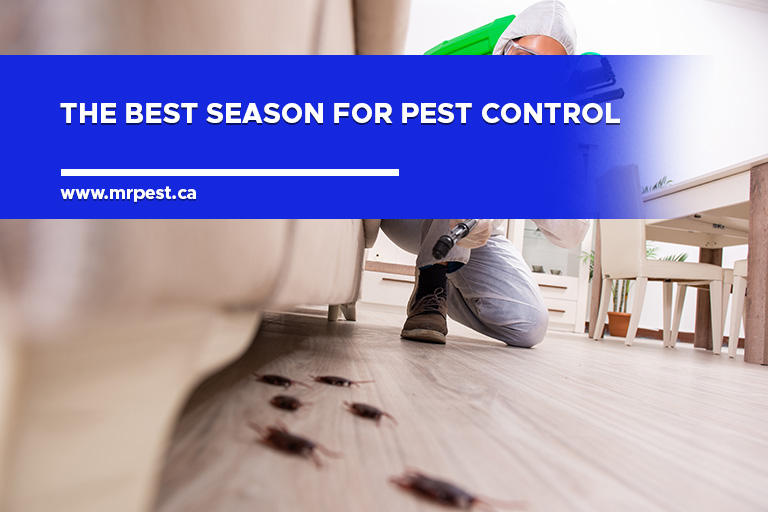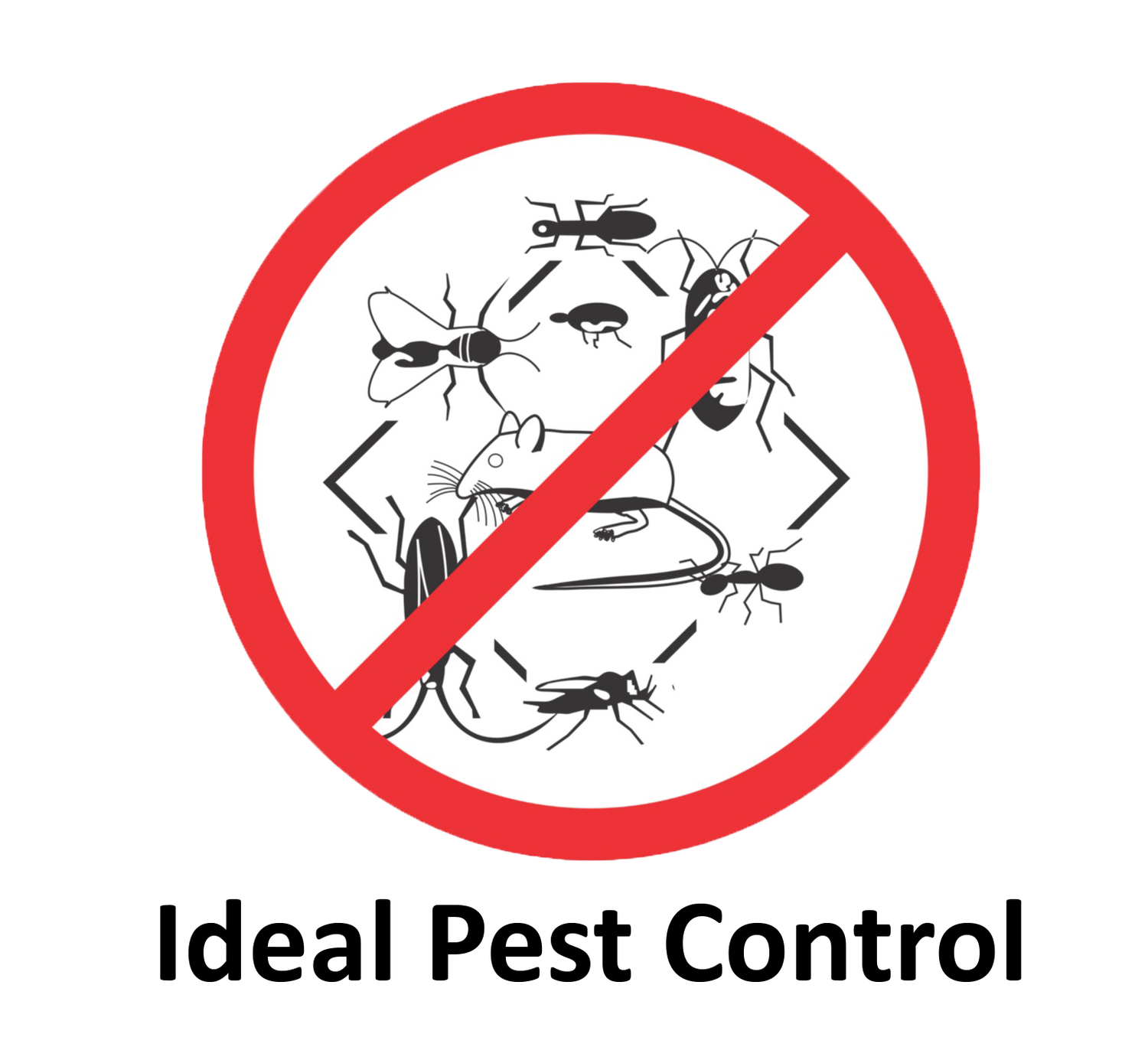Safe and Trustworthy Pest Control for Lasting Security
Reliable pest monitoring calls for a multifaceted technique that balances environmental stability with the demand for efficient pest suppression. The nuances of these methods might not be instantly clear, prompting a more detailed assessment of the practices that can lead to lasting bug control end results.
Understanding Parasite Control Methods
Bug control incorporates a range of methods targeted at handling and getting rid of undesirable pests and rats that can intimidate both health and residential property. Recognizing these methods is vital for effective bug monitoring.
The key classifications of pest control methods include mechanical, biological, and chemical techniques. Mechanical approaches entail physical obstacles and traps to avoid pest entrance and capture undesirable varieties. For example, using displays on windows or using sticky catches can considerably decrease pest populations without presenting unsafe compounds.

Chemical bug control is usually one of the most identified approach, using pesticides to remove bugs. These chemicals can be efficient yet have to be utilized with caution to stay clear of damaging effects on non-target species and the environment.
Benefits of Eco-Friendly Solutions
Exactly how can environment-friendly remedies transform parasite control methods? The adoption of environment-friendly pest control techniques offers countless benefits, considerably improving the performance and safety and security of pest administration.

An additional advantage is the favorable influence on regional biodiversity. Eco-friendly options are developed to target specific pests while maintaining helpful bugs and wild animals, advertising a well balanced ecological community. This strategy straightens with the expanding consumer demand for lasting methods, improving the credibility of pest control carriers.
Integrated Insect Management Strategies
The execution of green options normally leads to the fostering of Integrated Parasite Management (IPM) strategies, which additionally improve insect control efficacy. IPM is a holistic technique that integrates several tactics to manage pest populations while minimizing environmental impact. This approach stresses using organic, social, mechanical, and chemical controls, guaranteeing a lasting and balanced technique of pest monitoring.
One essential element of IPM is the extensive assessment of pest activity and environmental problems. By keeping an eye on bug populations and identifying their life cycles, practitioners can carry out targeted treatments that interrupt the insect's habitat or lifecycle, reducing dependence on chemical pesticides. In addition, social practices such as crop turning and habitat adjustment can substantially diminish pest facility and reproduction.
An additional critical part is making use of biological control representatives, such as advantageous pests or microorganisms, which can naturally suppress bug populaces. When chemical applications are required, IPM focuses on making use of low-risk pesticides and uses them precisely, lessening exposure to non-target microorganisms and humans.
Incorporating IPM methods not only boosts parasite control efficiency however likewise advertises a much safer ecosystem, lining up with the expanding demand for lasting practices in insect monitoring.
Safe Practices for Property Owners
Recognizing the importance of risk-free techniques in pest control can empower house owners to effectively manage bug concerns while safeguarding their health and wellness and the setting. Implementing non-toxic techniques and preventative measures is crucial in reducing exposure to dangerous chemicals.
Home owners should first assess their environment for conditions that bring in pests, such as standing water, clutter, and food waste. Routinely cleaning and securing access points can discourage pests from invading the home. Making use of all-natural deterrents, such as the original source necessary oils or diatomaceous earth, can provide reliable choices to chemical pesticides.
When chemical treatments are required, homeowners need to select items that are specifically classified as risk-free for domestic use. It is vital to adhere to application guidelines meticulously to stay clear of overexposure. Using targeted therapies in areas where parasites are determined, instead than blanket spraying, can significantly minimize chemical use.
Finally, maintaining open communication with pest control specialists is essential. Property owners should ask about the security of items used and demand environmentally friendly choices whenever feasible. By embracing these secure practices, house owners can develop a healthier living atmosphere while properly managing insect concerns.

Tips for Long-Term Protection
Developing a parasite management technique that stresses lasting protection can considerably boost the effectiveness of the risk-free techniques formerly talked about. To accomplish this, home owners should carry out normal inspections of their residential property, concentrating on hidden areas useful content such as attics, basements, and crawl areas. Early discovery of pest activity is vital in protecting against infestations from taking hold.
Additionally, maintaining a clean environment is important. This consists of correct food storage space, without delay cleansing spills, and consistently disposing of garbage. These practices reduce attractants that draw pests right into the home. In addition, securing access factors, such as fractures around doors and windows, can effectively obstruct possible bug gain access to.
Landscaping needs to additionally be thought about; keeping plants cut and preserving a distance in between greenery and the home minimizes concealing areas for pests. Making use of natural deterrents, such as essential oils or diatomaceous planet, can even more inhibit invasions without resorting to rough chemicals.
Finally, collaborating with a professional parasite control service for regular assessments can give an extra layer of security. These professionals can supply tailored referrals and advanced treatments, making certain that your home stays shielded against bugs in the long-term.
Final Thought
Finally, risk-free and reliable insect non toxic termite control control calls for a multifaceted strategy that highlights environmentally friendly techniques and incorporated insect monitoring. By carrying out natural deterrents, carrying out normal assessments, and maintaining appropriate sanitation, homeowner can dramatically minimize parasite populaces while protecting useful pests and the setting. Cooperation with expert insect control services improves the efficiency of these strategies, making sure customized remedies that give lasting protection and assurance against future infestations.
Effective insect management requires a multifaceted method that balances ecological integrity with the need for reliable parasite reductions. The fostering of green parasite control approaches uses many benefits, considerably improving the effectiveness and safety of parasite monitoring.The execution of environmentally friendly solutions normally leads to the adoption of Integrated Insect Management (IPM) strategies, which even more boost pest control efficiency. exterminator coquitlam. By keeping an eye on bug populaces and determining their life cycles, specialists can apply targeted interventions that interrupt the insect's habitat or lifecycle, decreasing dependence on chemical pesticides.In verdict, safe and dependable insect control needs a complex approach that highlights eco-friendly techniques and incorporated bug administration